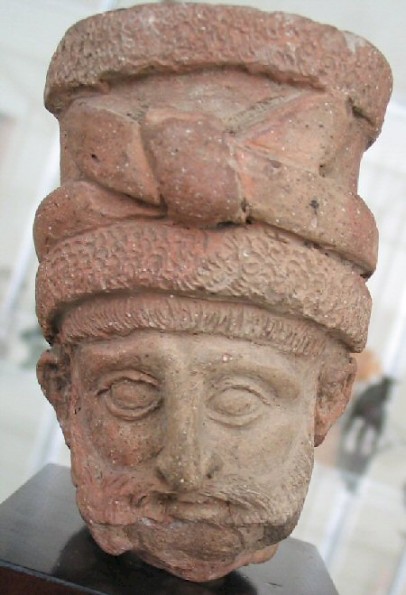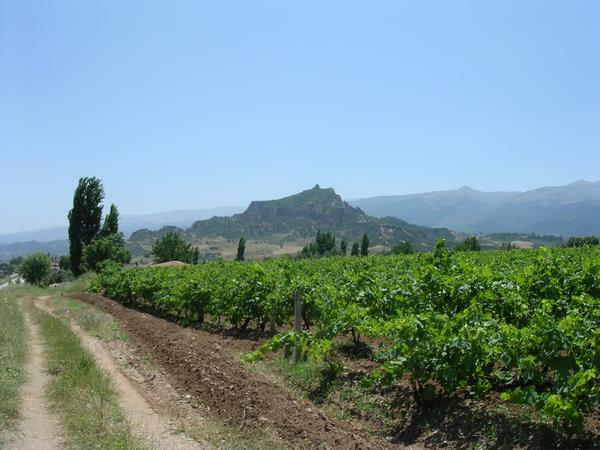Artaphernes
Artaphernes (Elamite Irdapirna): Persian prince, brother of king Darius I the Great, between 513 and 493 satrap of Lydia.

Artaphernes was the son of Hystaspes and the brother of Darius, who became king in 522 BCE. He was probably younger than Darius, because he played no role in the civil war of 522-521. At least, he is not mentioned in the Behistun inscription, our most important source for these years.
Our most important source for the career of Artaphernes are the fifth and sixth books of Histories by the Greek researcher Herodotus of Halicarnassus (fifth century BCE). He mentions the Persian prince several times as satrap of Lydia, especially during the years of the rebellion of the Greek towns on the shore, the Ionian revolt (499-494).
However, he is mentioned for the first time as successor of the satrap Otanes (513). Six years later, Artaphernes received envoys from Athens, which offered earth and water, the usual tokens of submission. In 499, he launched an expedition to the Greek island Naxos, which was not very succesful and showed the Ionian Greeks that the Persians were not invincible.

As a consequence, the Ionian Greeks revolted, supported by the Athenians. Together, they destroyed the capital of Lydia, Sardes. However, Artaphernes defended the citadel, and when the Greeks had gone home, he defeated them. In the next years, other commanders were occupied with the suppression of the rebellion, although Artaphernes became involved in the war as well after he had rebuild Sardes. Herodotus' information is to a certain extent corroborated by the tablets found at Persepolis, where "Irdapirna" is found issuing travel warrants during the Ionian Revolt.note
In 493, when the revolt was over, Artaphernes reorganized the land register. The Milesian geographer Hecataeus advised him to be lenient and not to create feelings of resentment, and the satrap was indeed surprisingly kind and merciful to the former insurrectionists. This was his last act as a satrap (as far as we know). The new satrap of Lydia was Artaphernes' son Artaphernes, who served as one of the commanders of the Persian expeditionary force that was defeated by the Athenians at Marathon (490).
Literature
Dietmar Kienast, "Bemerkungen zum Jonische Aufstand und zur Rolle des Artaphernes" in: Historia 51 (2002)1-31